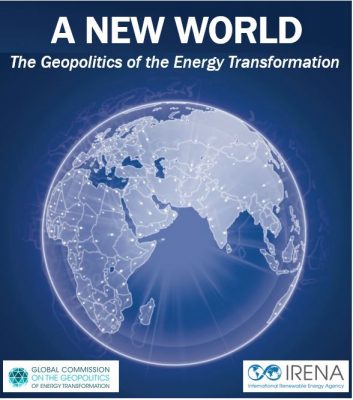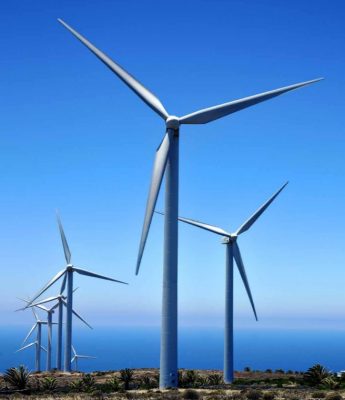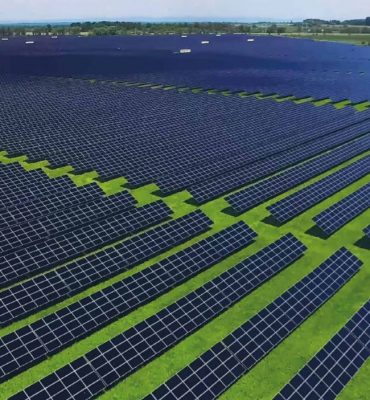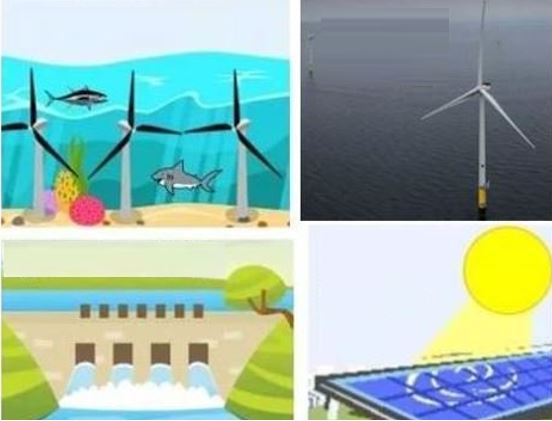Renewable energy has moved to the center of the global energy system, says a new report. Advances in technology and declining costs have made renewable energy grow faster than all other energy sources.
Many renewable technologies are today have become cost-competitive with oil, natural gas, and coal, i.e., fossil fuels. They have become cost-competitive specifically in the power sector.
Not only is renewable cost-competitive today, but it also contributes to our battle against climate change and air pollution.
These are some of the conclusions of IRENA’s new report: “A New World – The Geopolitics of the Energy Transformation.” IRENA stands for the International Renewable Energy Agency

A transformation in the global energy system
The rapid spread of renewable energy has created an irreversible momentum for an international energy transformation. Wind and solar energy, as well as other renewables, have grown dramatically in the electricity sector.
New technologies are also enabling this transformation in other parts of the global energy system.
The deployment of renewables has spread into the buildings, industry, and transportation sectors. In the transportation sector, sales of electric vehicles are expanding rapidly, especially in the advanced economies.
An advanced economy is a developed country, such as the USA, UK, Germany, Canada, Japan, or France.
Energy-storage technology is advancing at a rapid pace, which boosts the potential for renewables to flourish.

‘Profound geopolitical consequences’
In the Report’s Introduction, the authors write:
“The accelerating deployment of renewables has set in motion a global energy transformation that will have profound geopolitical consequences.”
“Just as fossil fuels have shaped the geopolitical map over the last two centuries, the energy transformation will alter the global distribution of power, relations between states, the risk of conflict, and the social, economic and environmental drivers of geopolitical instability.”
Nobody had previously considered these far-reaching effects comprehensively in an international setting or forum.
With the support of the Governments of the UAE, Norway, and Germany, IRENA established the Global Commission on the Geopolitics of Energy Transformation. The Commission aims to increase and deepen people’s understanding of the potential applications of renewable energy.

What is renewable energy?
Renewable energy is energy that comes from an everlasting source. In other words, we never run out of that source. In this context, ‘everlasting’ means in a human timescale rather than the timescales of geology or astronomy.
Wind energy or wind power, for example, is a type of renewable energy. Wind power captures the energy in moving air (wind) and converts it into electricity. Energy from wind is everlasting, i.e., we never run out of wind.
Solar energy or solar power is another type of renewable energy. Solar energy works by capturing the Sun’s energy (sunlight) and converting it into electricity. We then use the electricity in our businesses, homes, infrastructure, to power electric vehicles, etc.
Other types of renewable energies are geothermal energy, biomass energy, and hydropower.
Renewable energy is gradually changing the global energy system. As it becomes more price competitive, the change will accelerate.

